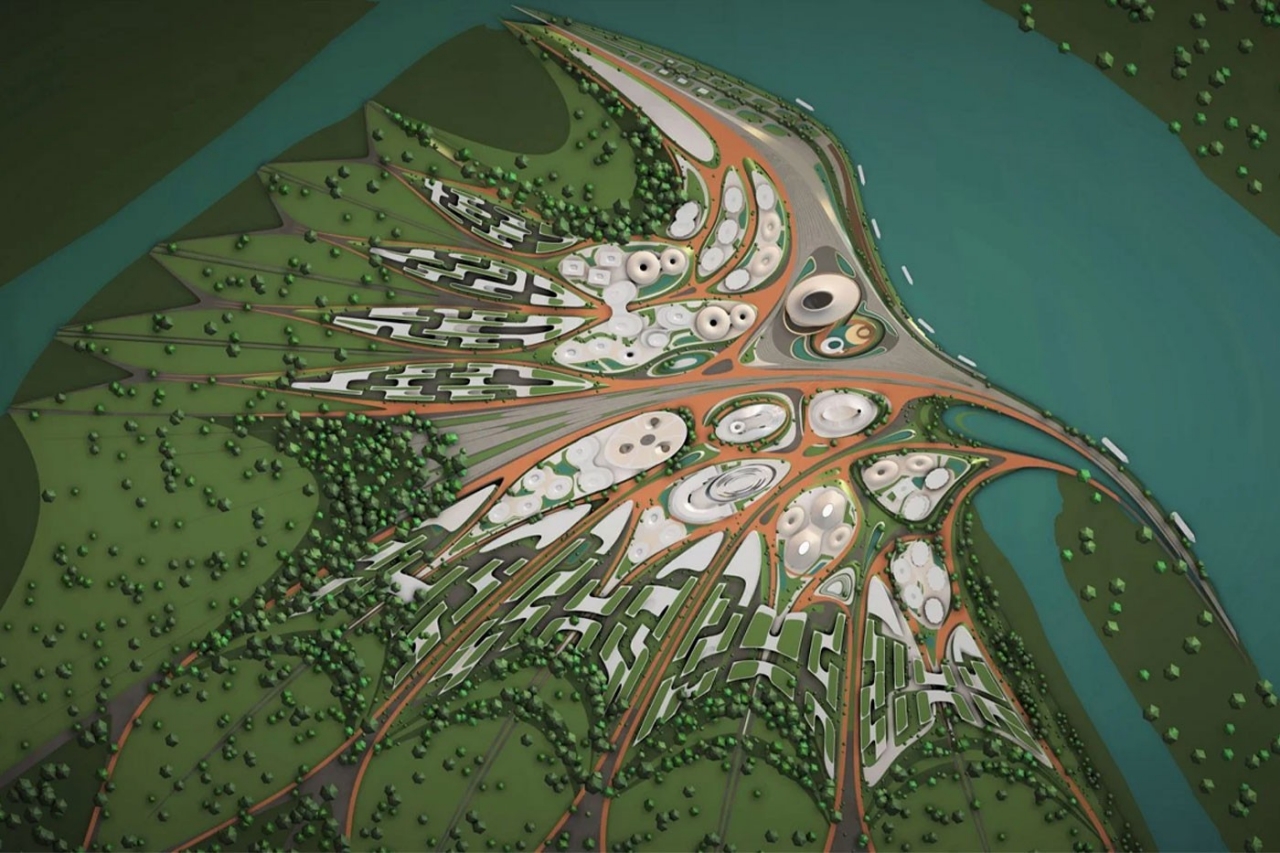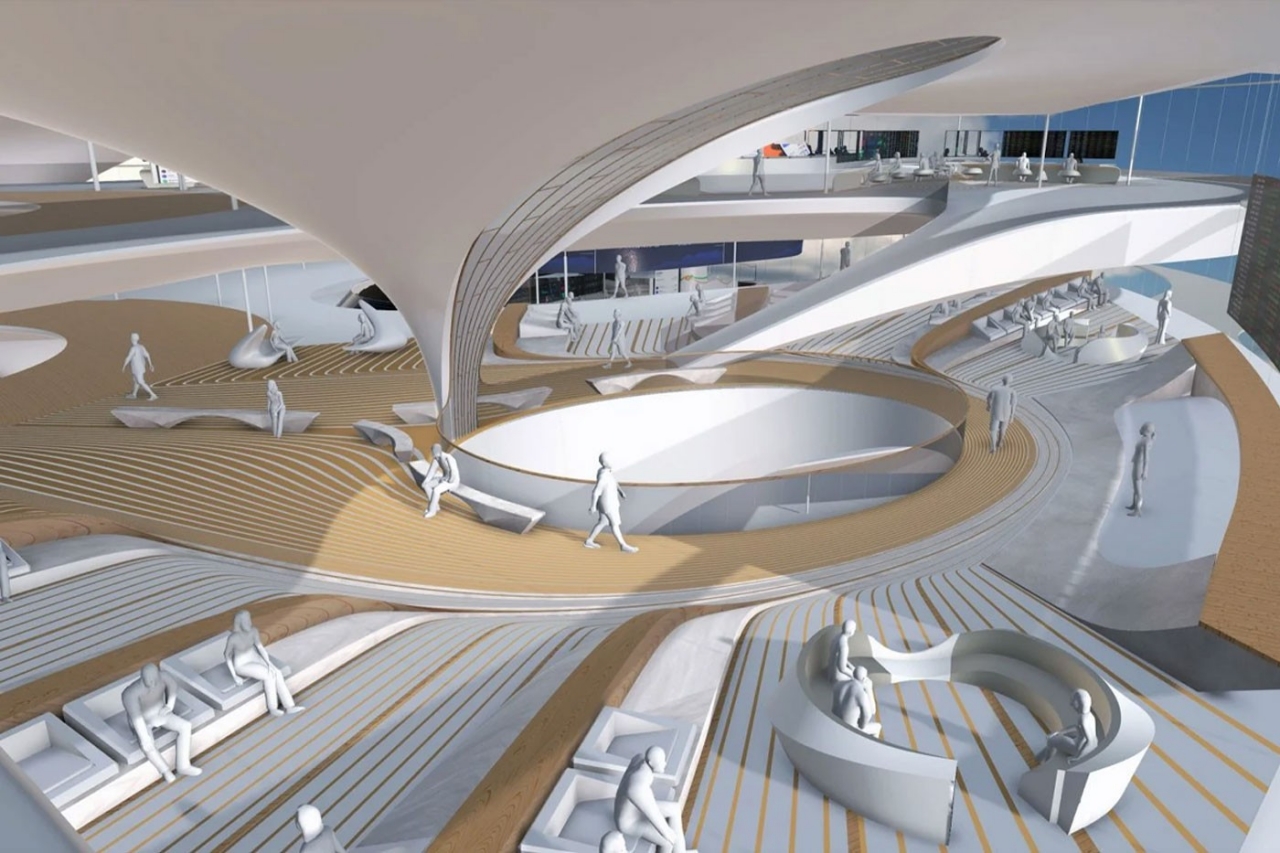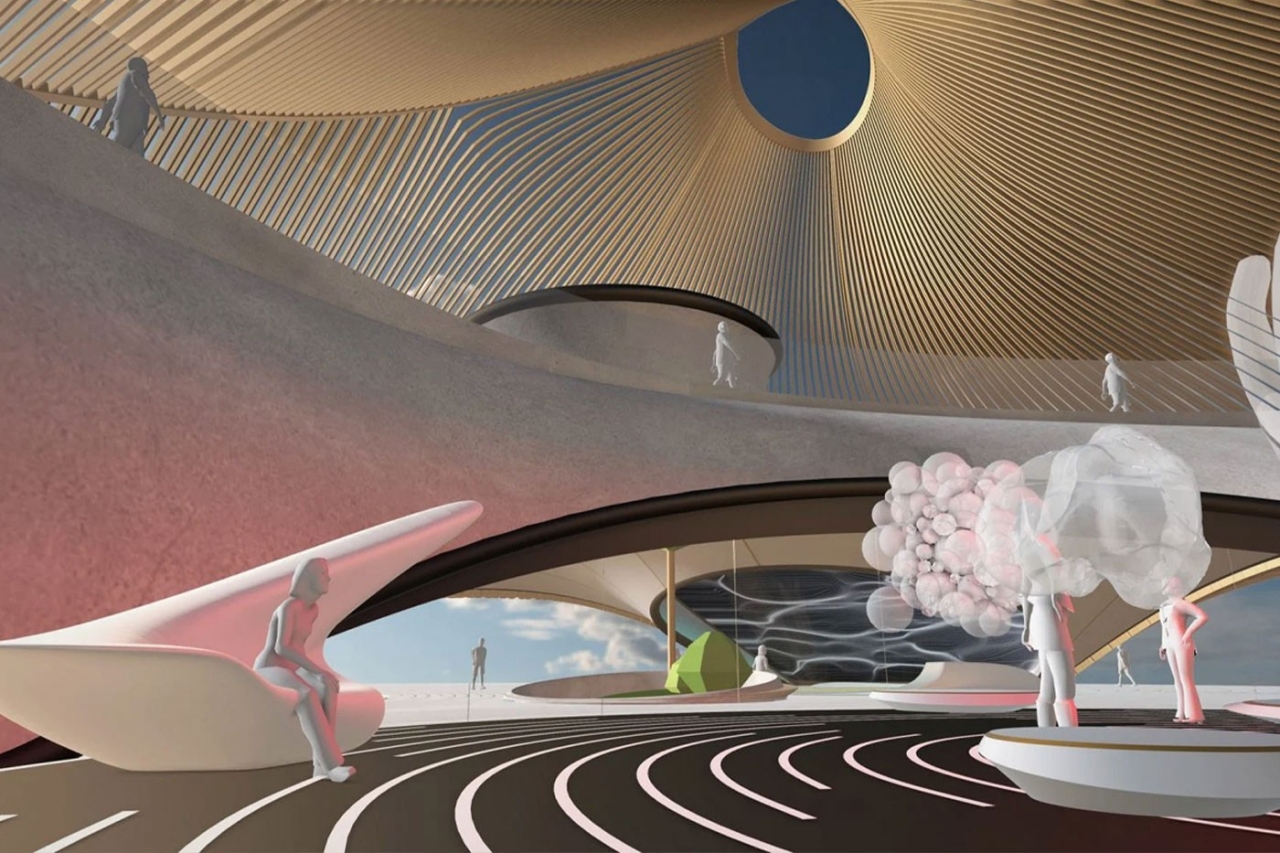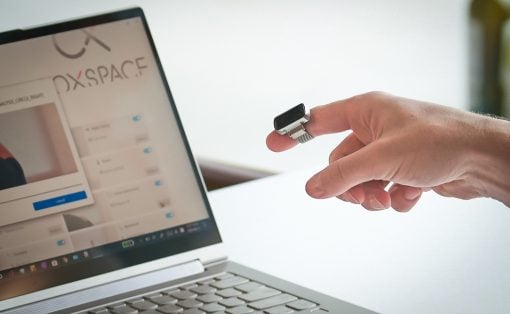Just because the Metaverse world sounds and feels infinite doesn’t mean you can’t lay claim to a piece of virtual land.
A lot of the coverage about the Metaverse revolves around virtual objects, virtual currencies, and virtual travel, focusing on things that are always transient in one way or another. Given how we can’t feasibly spend 100% of our time in virtual worlds, it’s not surprising that few narratives exist about more permanent places in the Metaverse. World-famed Zaha Hadid Architects might be changing that with what might be its most ambitious project yet, creating a virtual equivalent of a real-world country whose very existence is still in dispute.
Designer: Zaha Hadid Architects
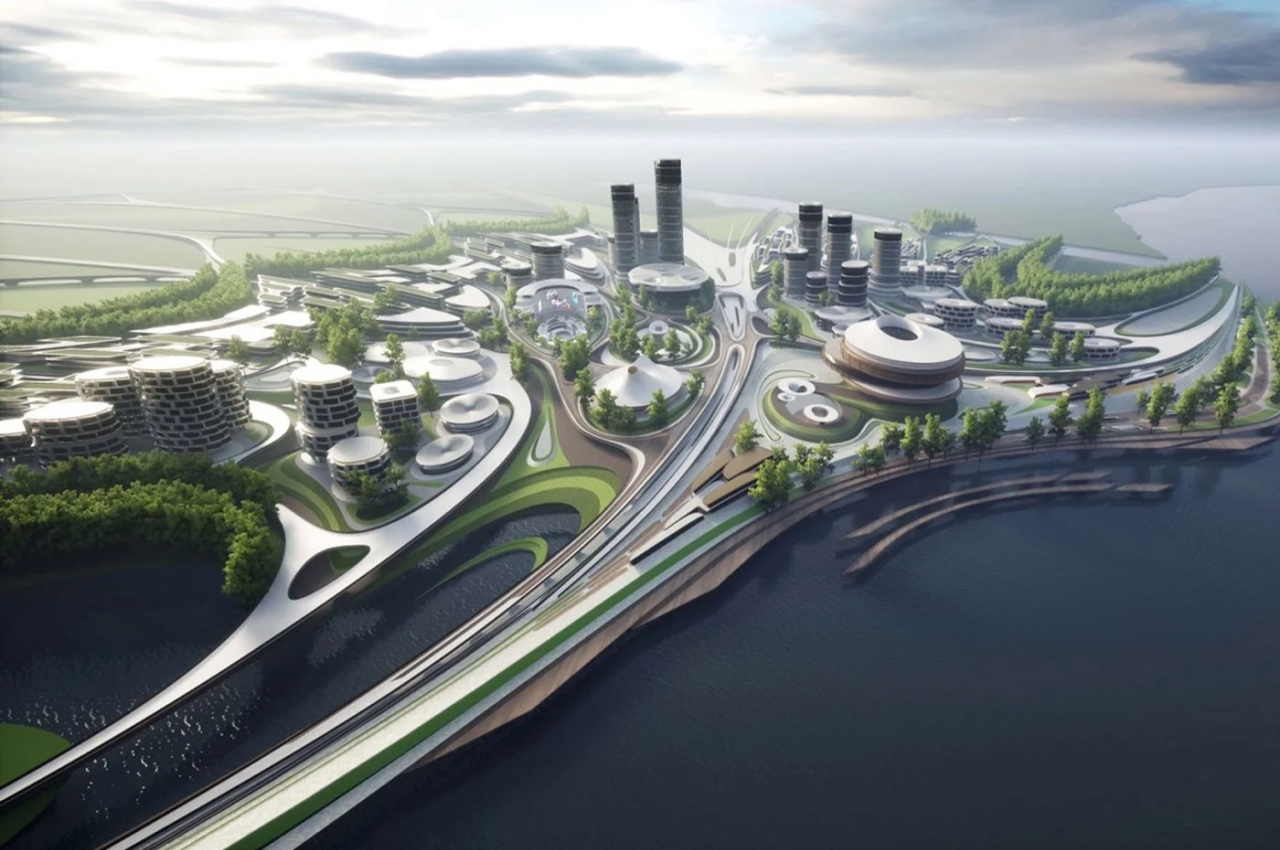
The Free Republic of Liberland, which almost sounds redundant, is a self-proclaimed micronation established in 2015 on a disputed parcel of land between Croatia and Serbia. Ever since its infancy, ZHA has been involved through its principal Patrik Schumacher. As to be expected, the political and legal journey toward Liberaland’s international recognition has so far been a rough journey for its proponents, but the minds behind it are taking their efforts to the next level by laying a claim on parts of the Metaverse.
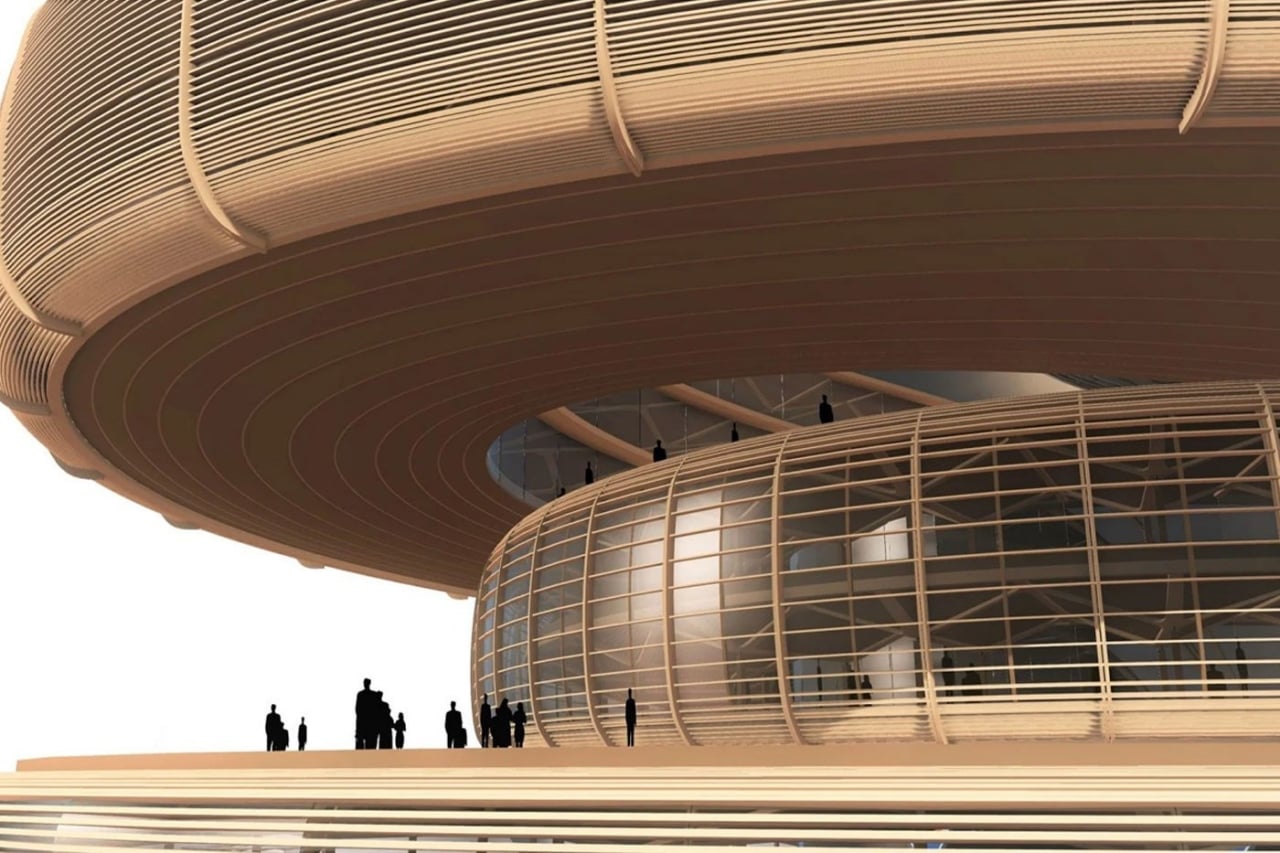
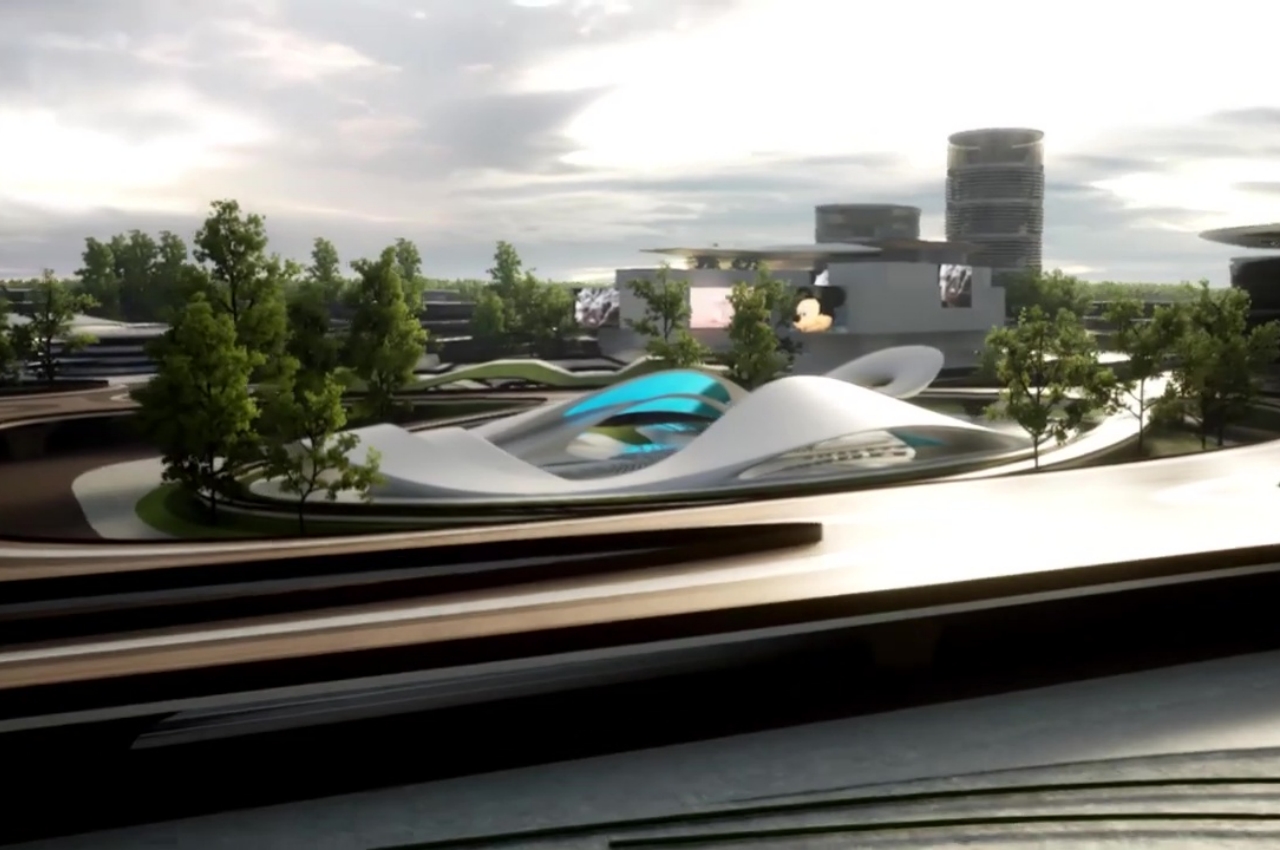
Liberland Metaverse is pretty much the virtual equivalent of the real-world land, which will probably see fewer disputes considering it will almost be impossible for it to infringe on other virtual lands. The Metaverse version will also host ZHA’s parametric and curvy architectural designs, but with more freedom to break free from the rules of physics. Some virtual structures will seemingly defy the laws of gravity, for example, and will be able to showcase Zaha Hadid’s visions more closely because of that freedom from real-world restrictions.
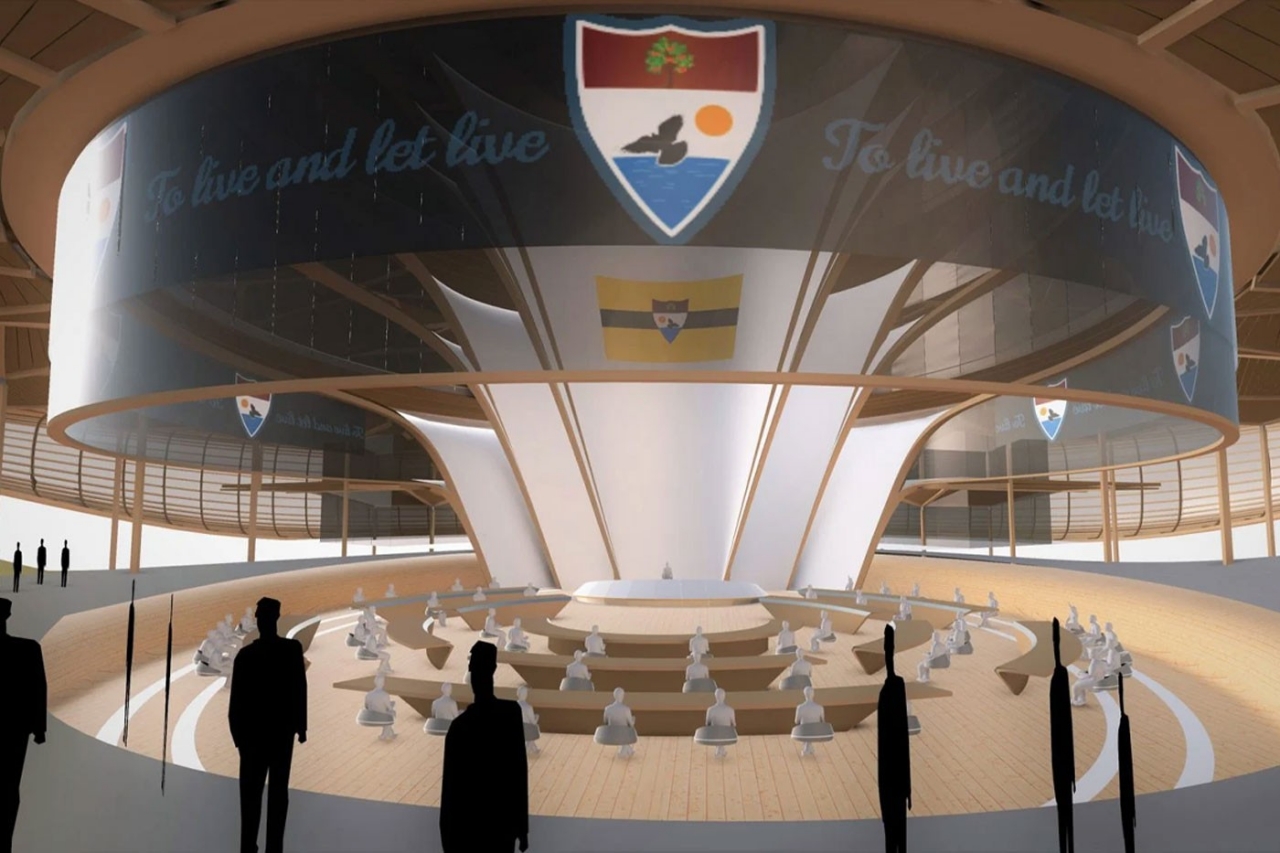
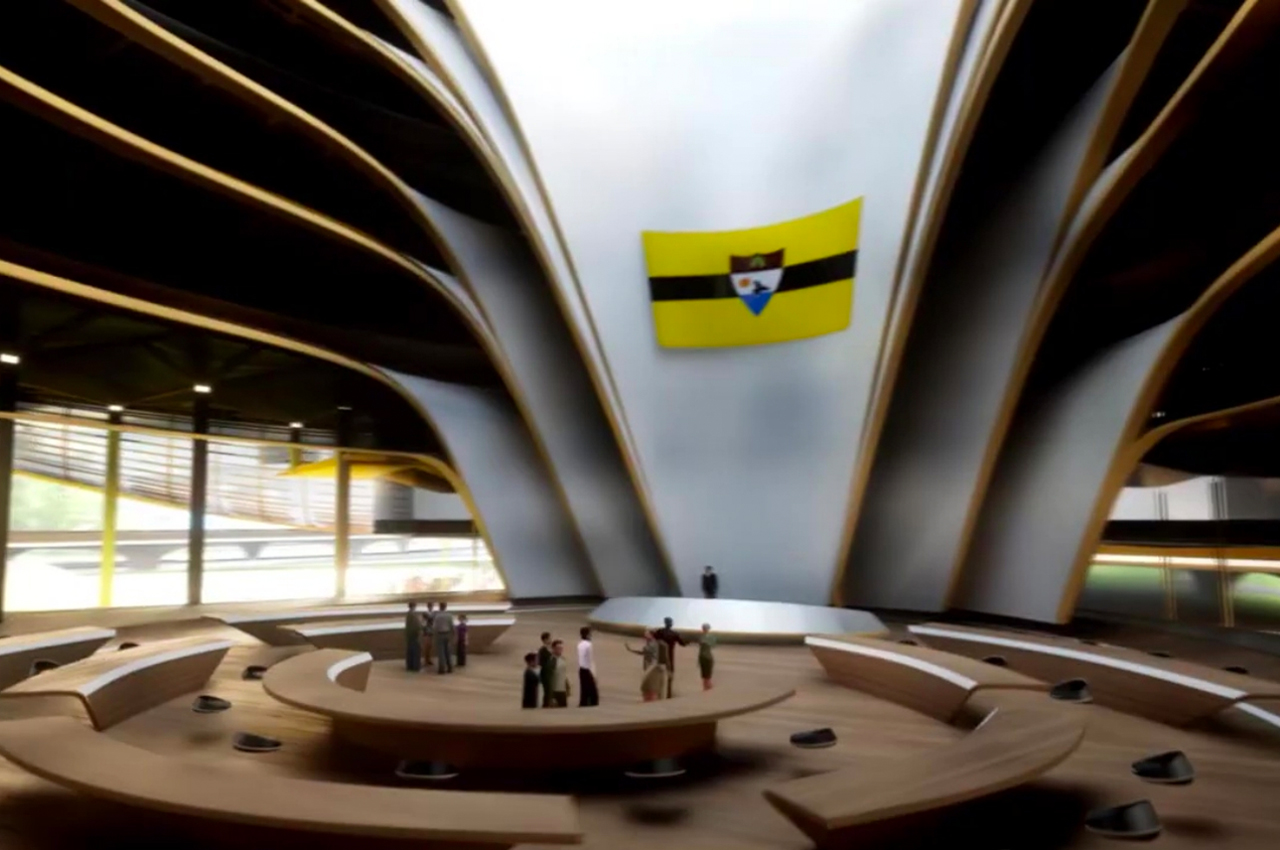
The virtual country will still have ties to the real world, though, mostly in function. There will be a city hall that virtual residents and visitors can visit, as well as spacious plazas for exhibitions and virtual relaxations. No Metaverse location would be complete without a space dedicated to NFTs, of course, and there will also be locations dedicated specifically to conducting activities around cryptocurrencies.
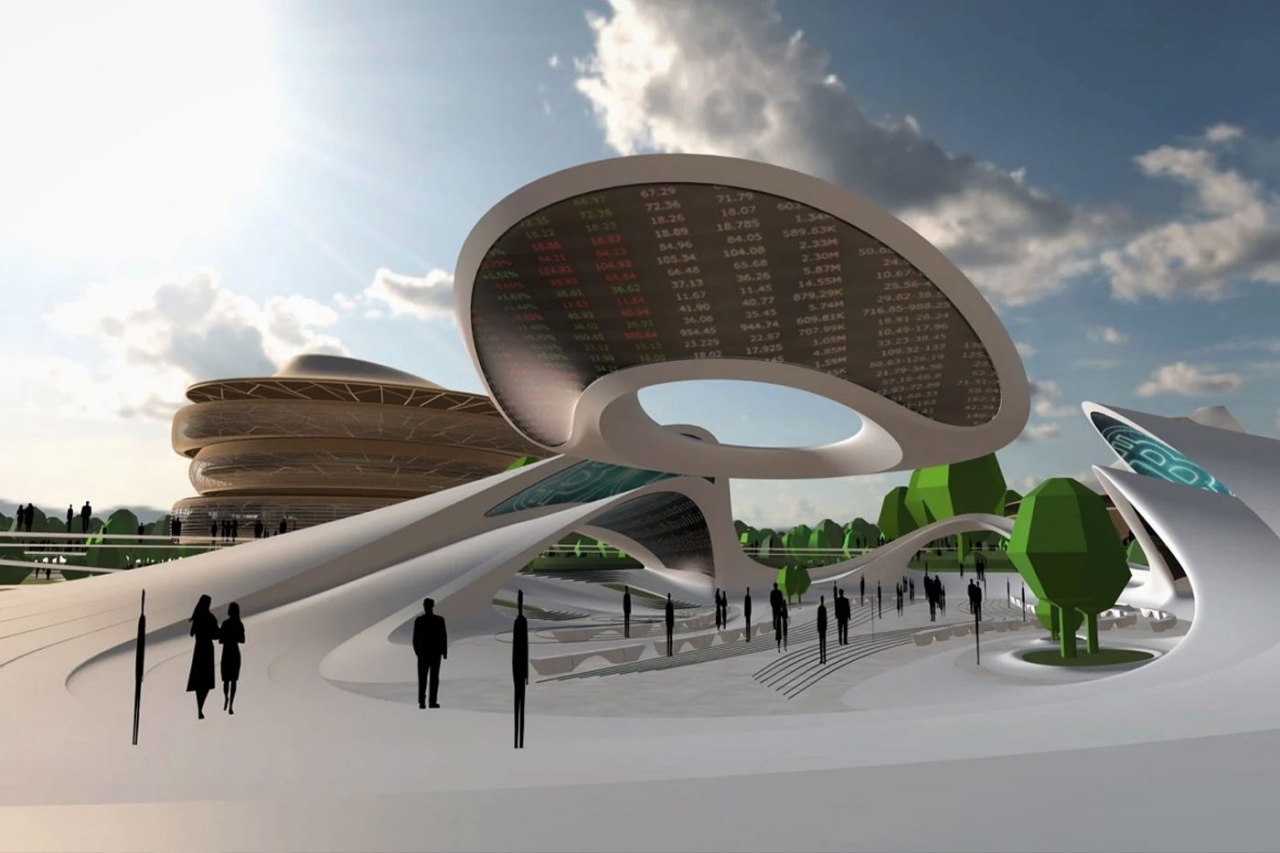
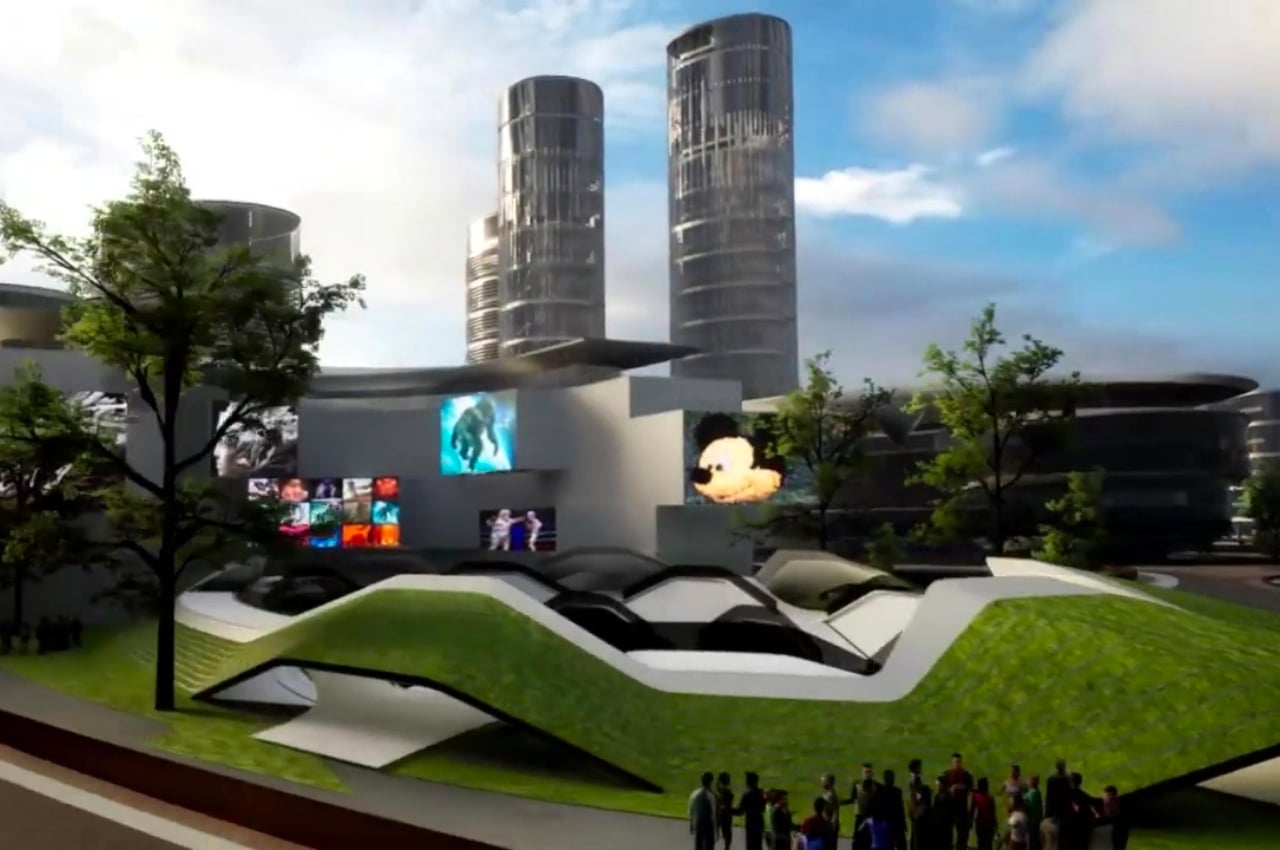
Liberland Multiverse is still a work in progress, but one goal is to have plots of virtual land for sale that would translate to stakes in the physical Liberland as well. This is going to be trickier to sell, no pun intended, given the micronation’s current status, but it could set a precedent for how the real estate business might be able to utilize the Metaverse to its advantage.
